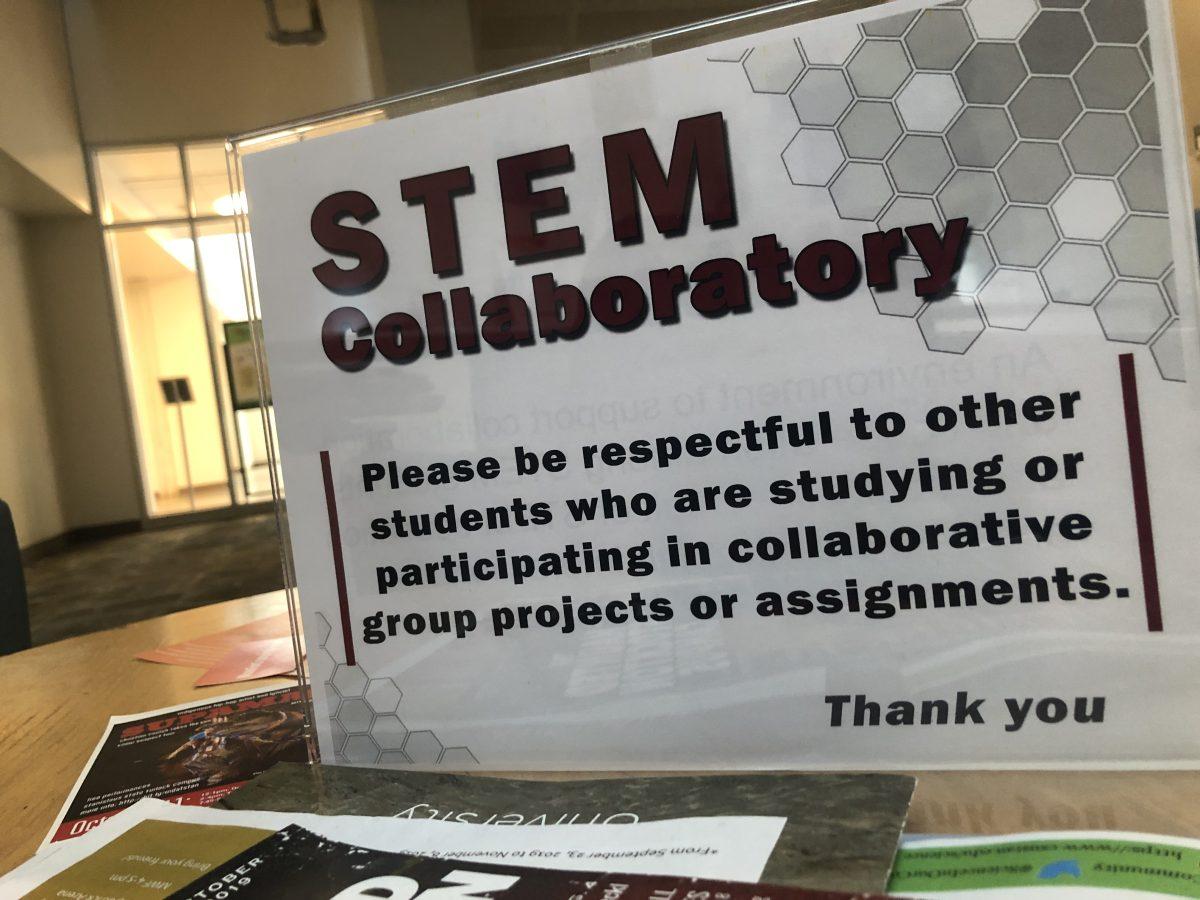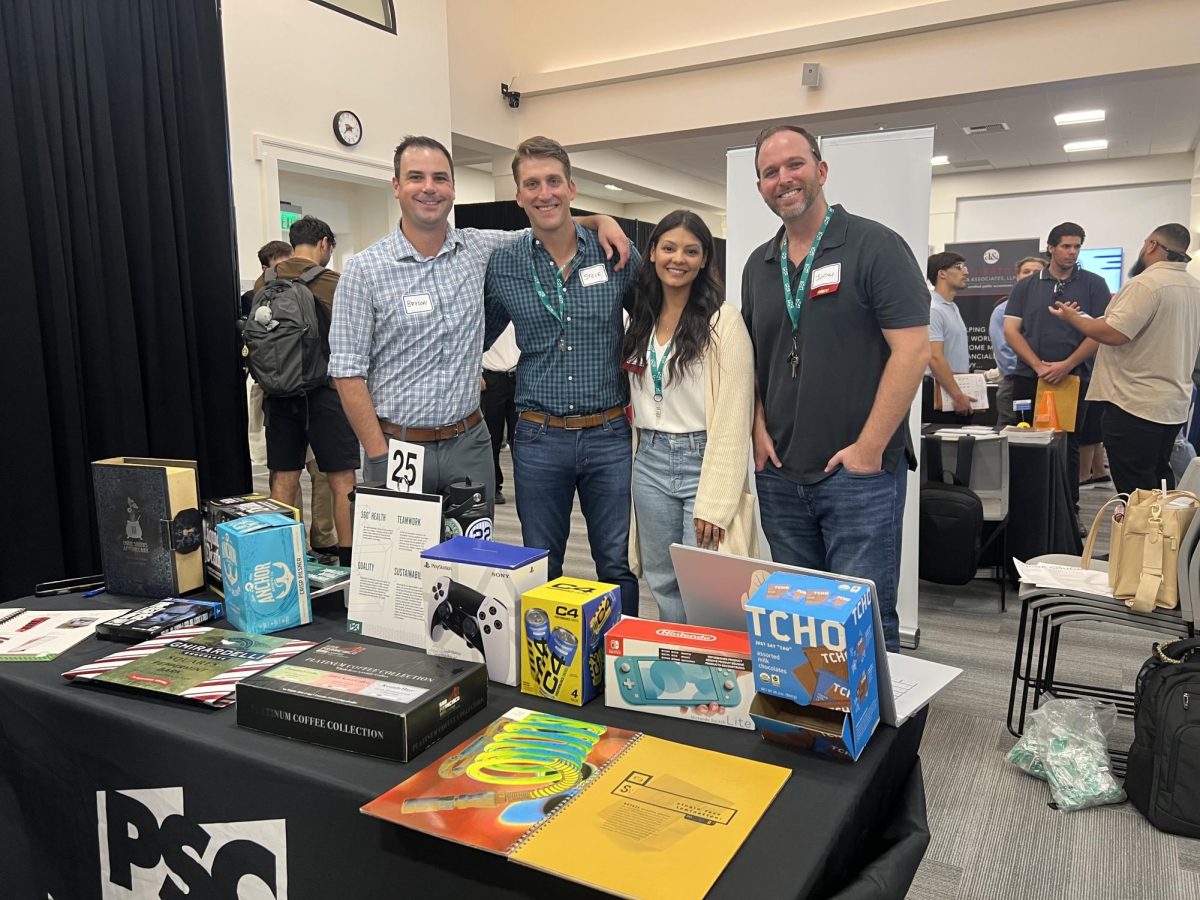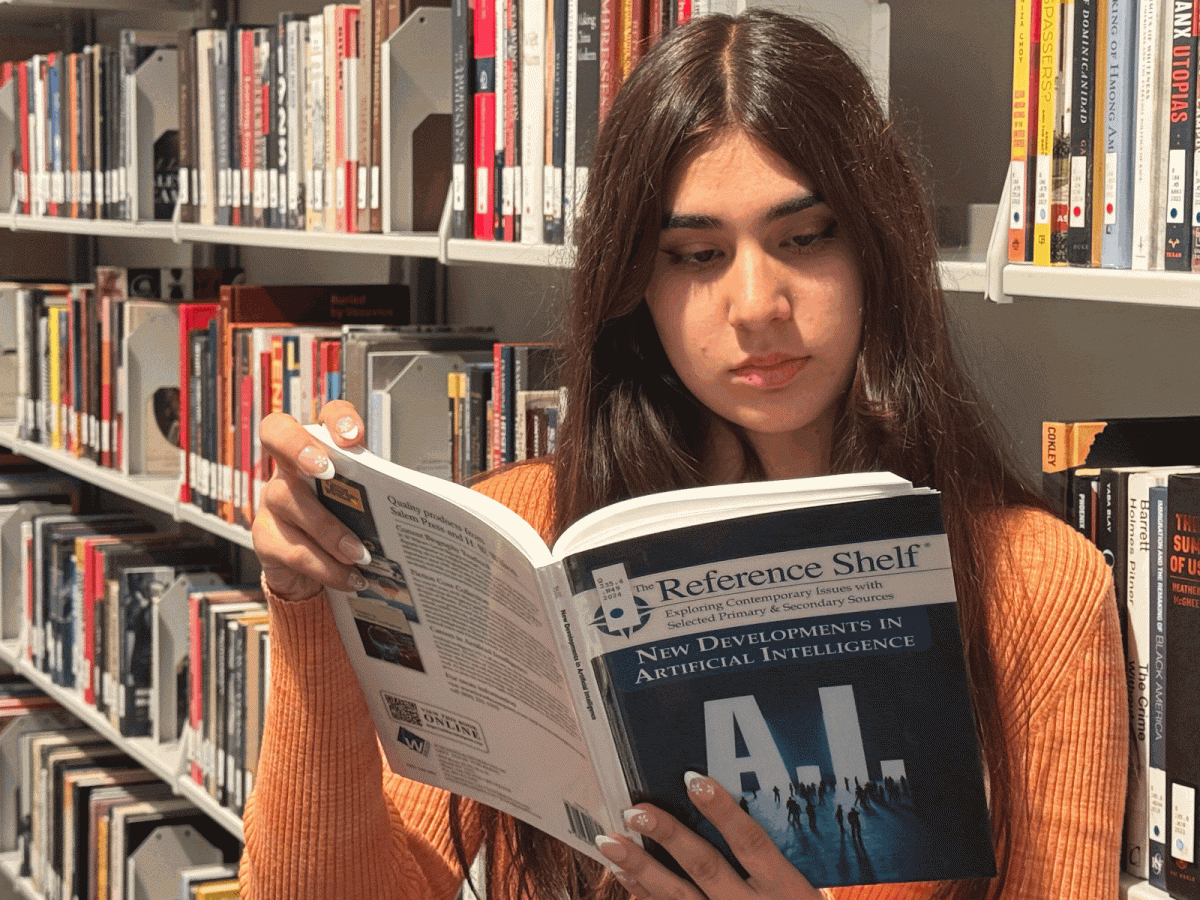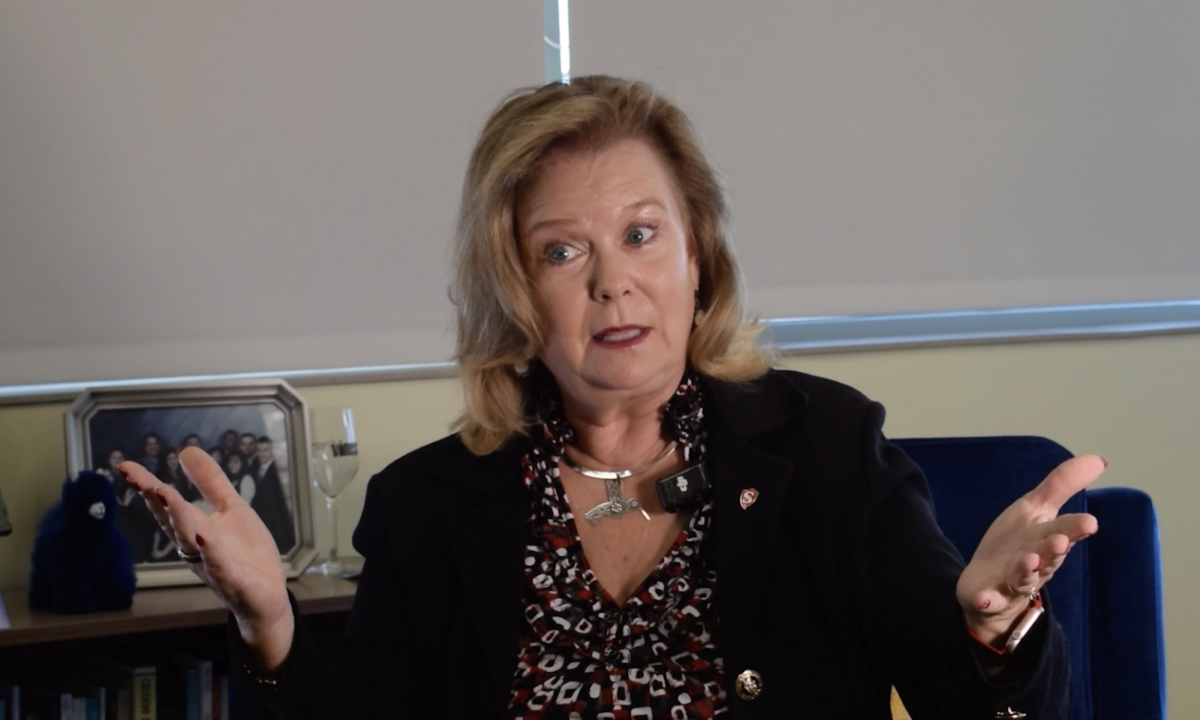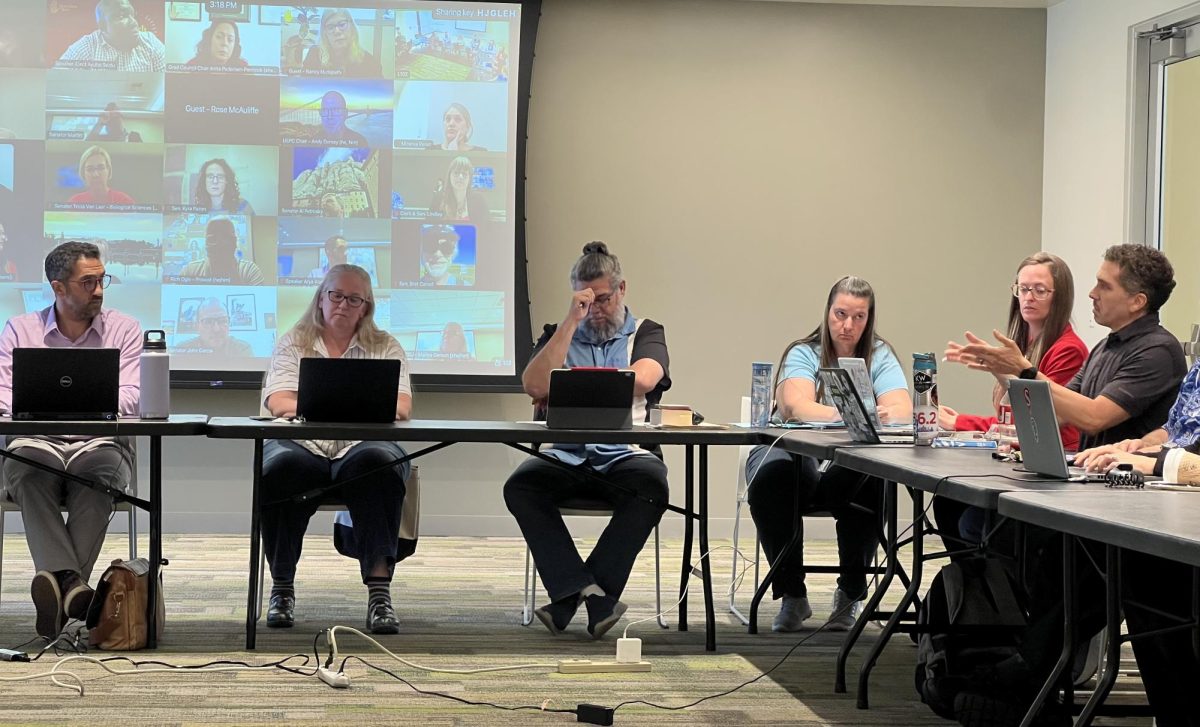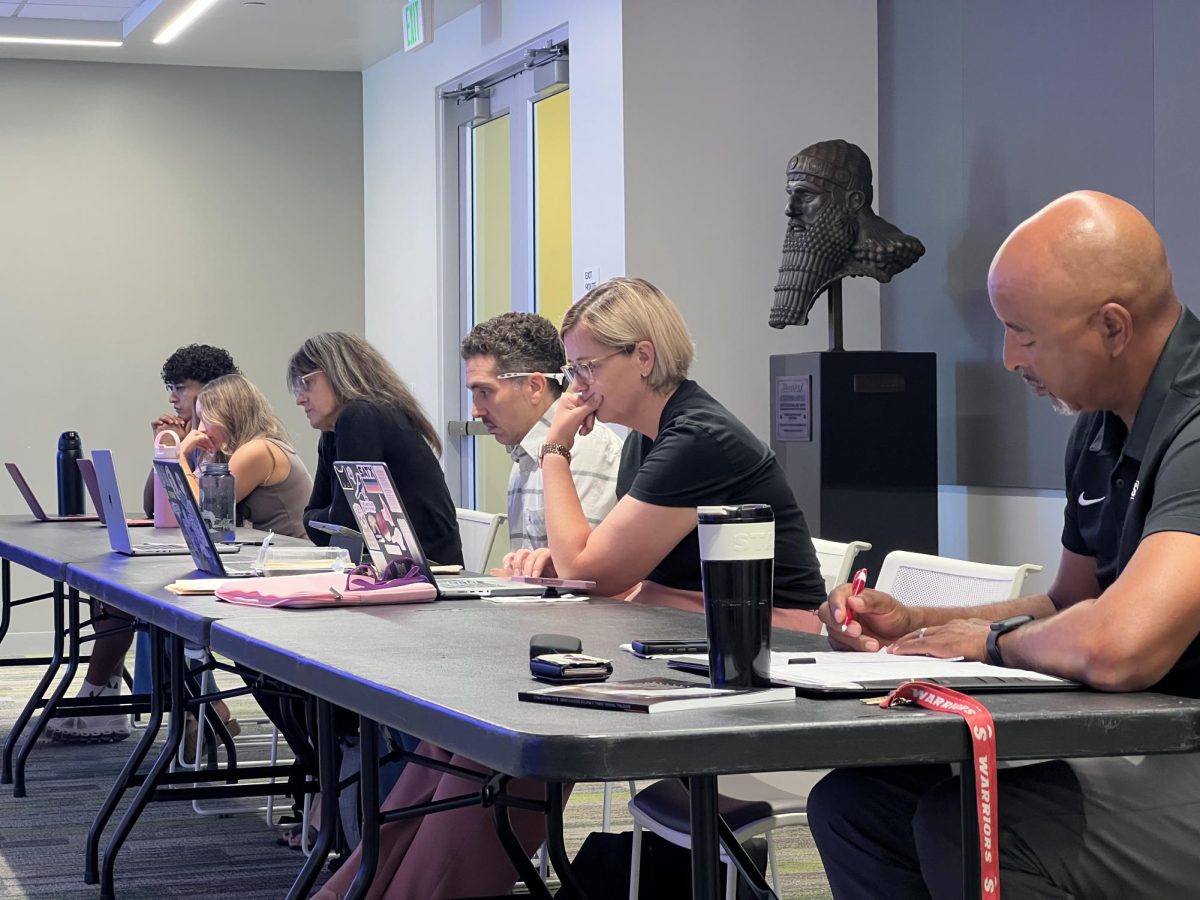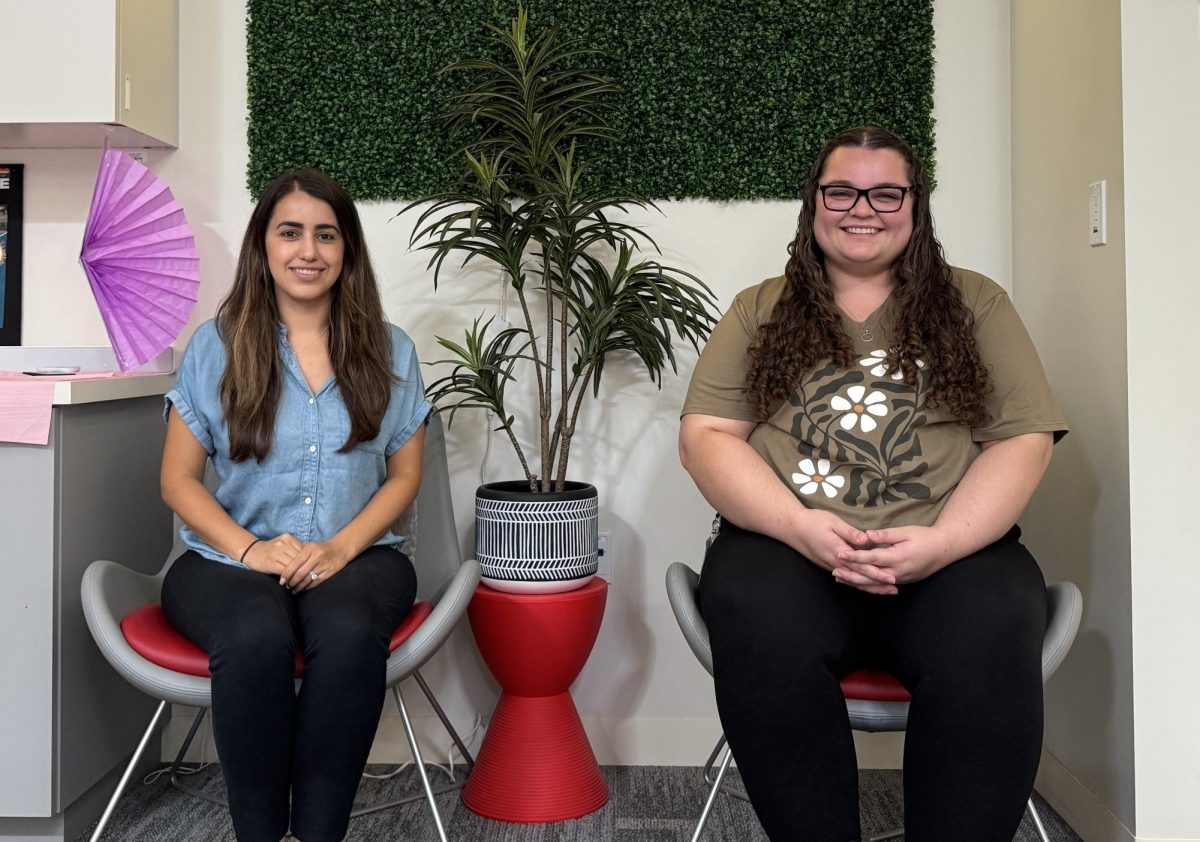The National Foundation of Science (NFS) continues to fund Stan State by collaborating with three largely diverse institutions to boost education through enhancing teaching practices.
The goal of this project is to achieve academic success among first generation, low-income Hispanic students in lower-division STEM courses.
Chair of the Psychology and Child Development department Dr. William Potter, led the initiative for this grant as a principal investigator along side Dr. Harold Stanislaw, Dr. Jung-Ha An and Dr. AnaMarie Guichard.
Dr. Potter was informed that the Stan State’s provost and Dean were introduced to the grant by the Dean at Fresno State with the idea to create a three university application. The grant includes Stan State, Fresno State and Cal State Bakersfield.
“They were particularly interested in having Psychologists involved as a good portion of our research is related to how people learn,” said Dr. Potter.
This grant particularly aims to fund underprivileged communities and Hispanic Serving Institutions.
“It is designed to aid the success of Students in STEM disciplines. Our aim with this grant is to look at some of the more challenging prerequisite courses to psychology and chemistry, and to see if we can make the students feel more engaged in those classes,” said Dr. Potter.
Dr. Potter elaborated on the Math department being a crucial element by working with instructors to help guide students through math prerequisites.
Jovany Zamora is a freshman physics major and enjoys the math courses through the STEM program.
“I’m more of a person that likes to calculate things and any mathematical wise over anything reading,” said Zamora.
The collaboration among the three institutions will reach a wide-variety of students that are hopeful for bright futures in STEM fields.
According to the NSF award website, “The project has potential to significantly impact the retention and graduation rates of students in the collaborating HSIs, and increase the numbers of underrepresented students in STEM.”
The NSF is awarding State State $790,417 which became effective in October and will continue until 2022.

